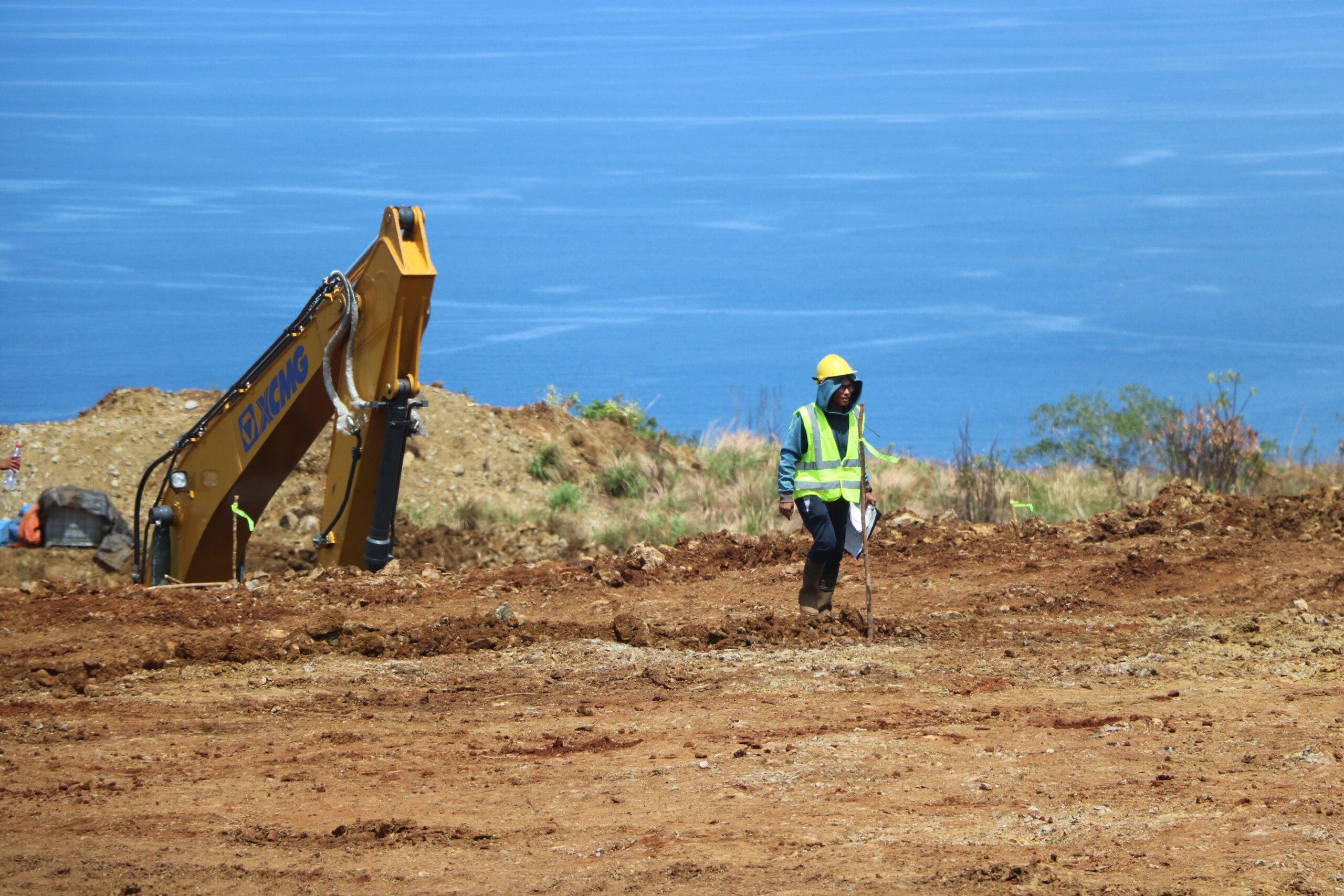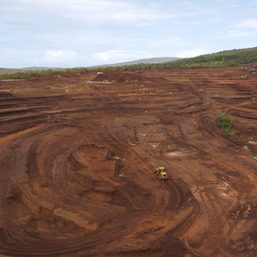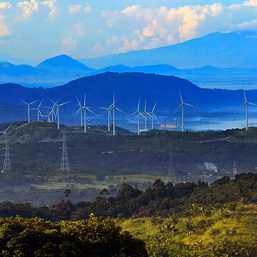SUMMARY
This is AI generated summarization, which may have errors. For context, always refer to the full article.

MANILA, Philippines – A bill seeking to introduce a new fiscal regime for the mining industry hurdled the House of Representatives Tuesday midnight, September 26.
House Bill No. 8937 specifies the following royalty payments on mining operations, depending on size and location:
- Large-scale metallic mining operations within mineral reservations: 4% of the gross output of mineral products extract or produced
- Large-scale metallic mining operations outside mineral reservations: Margin-based royalty on income from metallic operations
- Small-scale mining operations: One-tenth of 1% of gross output
The bill also seeks to subject metallic mining operations to a margin-based windfall profits tax for each taxable year.
The measure would create new sections under the amended National Internal Revenue Code of 1997.
Under the proposed measures, small-scale metallic miners will be compelled to register with the Mines and Geosciences Bureau and the mining board of the local government unit. They will also have the option to form cooperatives among themselves in order to qualify for the awarding of a people’s small-scale mining contract.
A total of 272 lawmakers voted in favor of the measure, while four opposed it, and one abstained.
In a statement, Speaker Martin Romualdez – whose family has assets in the mining business – lauded the passage of the measure.
“No less than the Chamber of Mines of the Philippines has expressed support for the measure as it went through the legislative process in the House. I agree with the chamber that the fiscal changes being introduced by this bill will help the country’s post-pandemic economic recovery,” he said.
Rejecting the bill, Gabriela Representative Arlene Brosas said the proposal would further enable the “plunderous operations of both local and foreign mining companies.”
“The proposed windfall tax is pegged at unreasonably profit margin based schedules. Imagine, a measly 1% windfall tax would only be imposed on a mining company once it declares a 35% to 40% profit margin for a certain year,” she asserted.
“Overall, tax collections from mining firms will never compensate for the long-term disastrous implications of large-scale foreign mining operations in the country. The supposed tax intake from the mining industry cannot also be a substitute for foregone mineral ores which are exported to other countries and which will never be taken back,” Brosas added.
Marcos cited the rationalization of mining fiscal regime as among his administration’s priority measures in second State of the Nation Address in July.
Environmental advocates have criticized the priority given to the mining measure, as they cited Marcos’ supposed inaction in addressing extensive damage caused by large-scale mining operations to the environment.
In August 2022, Finance Secretary Benjamin Diokno said the mining industry “holds the greatest potential to be a key driver in our economic recovery and long-term growth.” – Rappler.com
Add a comment
How does this make you feel?









There are no comments yet. Add your comment to start the conversation.